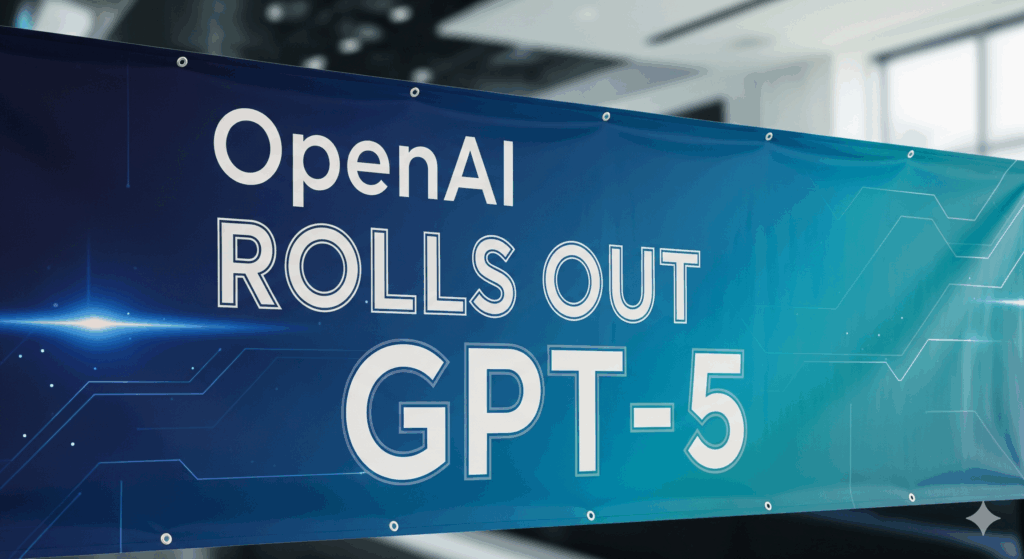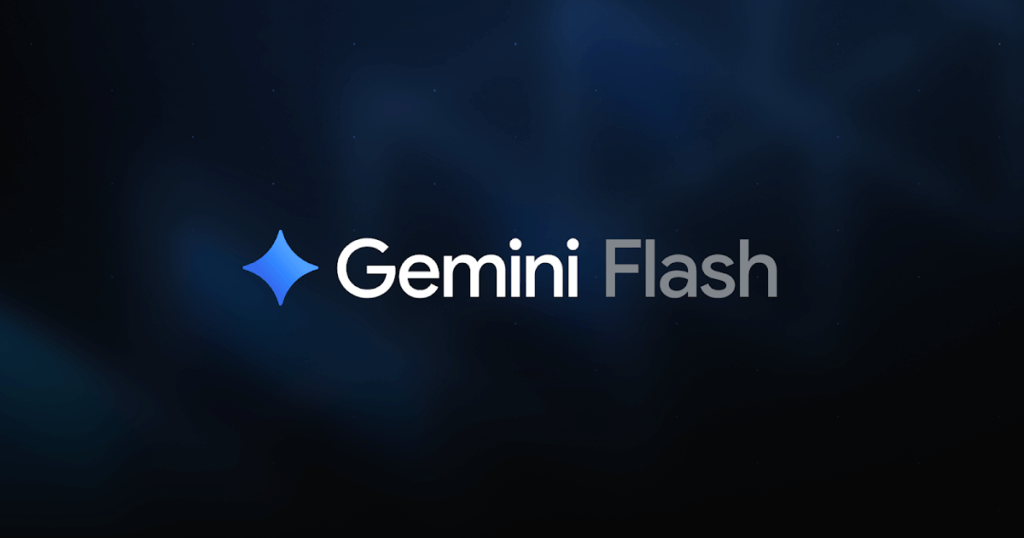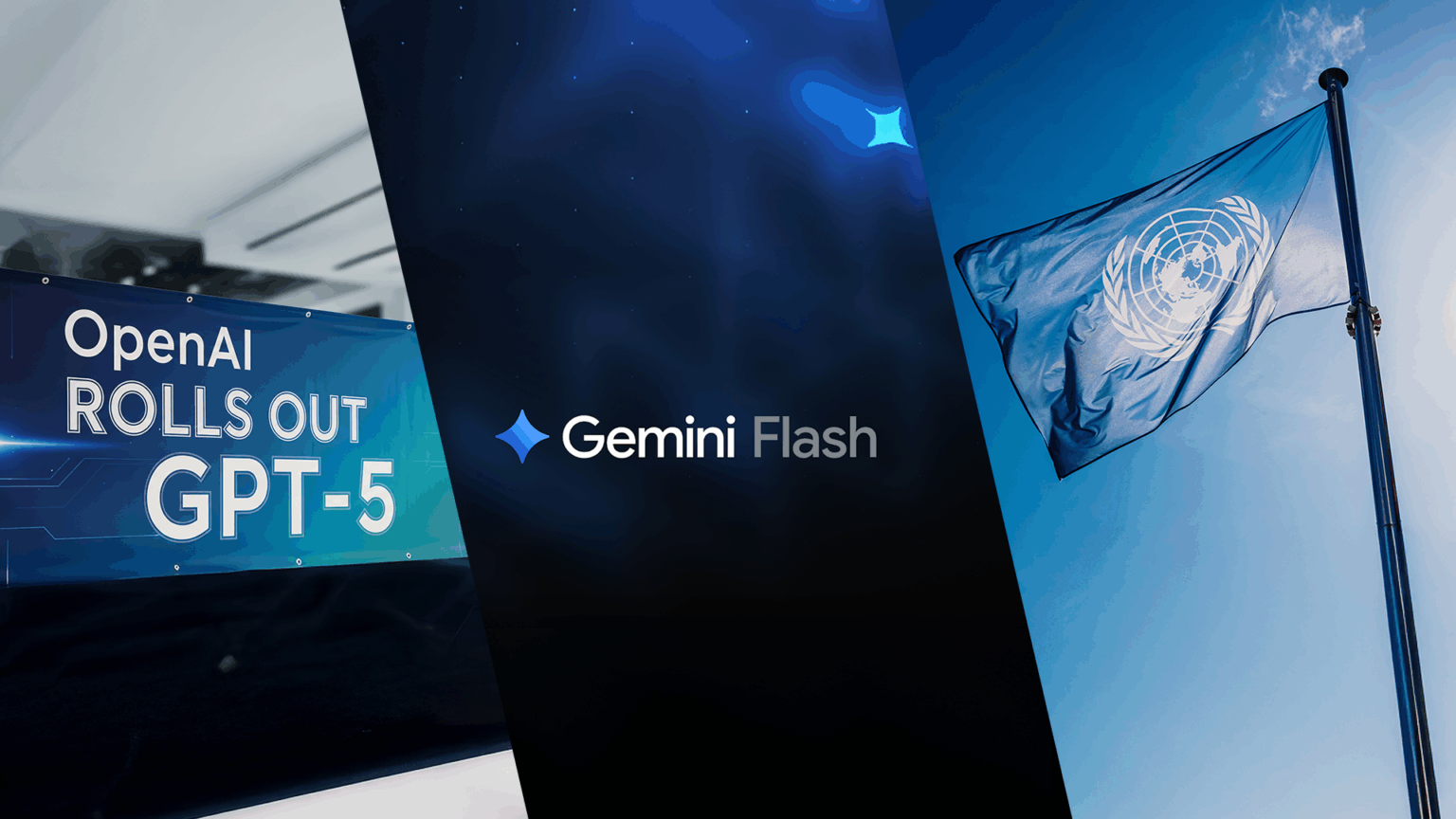1. OpenAI Rolls Out GPT-5—But the Buzz Is Mixed

-
Launch highlights: On August 7, 2025, OpenAI unveiled GPT-5, branding it their smartest and most versatile model yet. It incorporates a real-time router that automatically switches between fast and deep reasoning modes, boosting performance across coding, writing, math, health, and visual tasks. OpenAIAP News
-
Mixed reception: While OpenAI touts GPT-5’s benchmark leaps and scalability, user feedback has been less enthusiastic. Many users cited that the model feels colder and less engaging than previous versions, prompting OpenAI to reintroduce GPT-4o for paid subscribers. TechRadarWindows Central
-
The bigger picture: Analysts argue the idea that AI will obliterate the $1.2 trillion enterprise software sector is exaggerated. Instead, AI—especially models like GPT-5—is evolving to augment software development, not replace it entirely. The Wall Street Journal
Why it matters: GPT-5’s launch underscores a turning point—from hype and expectations to scrutiny and realism in AI’s role within professional workflows.
2. UN Creates AI Advisory Council to Guide Global Policy

-
The United Nations General Assembly has approved the formation of the Independent International Scientific Panel on Artificial Intelligence, a 40-member global advisory body. Members will serve three-year terms, producing expert assessments to help governments navigate AI’s societal, democratic, and human rights implications. GMA NetworkMinute Mirror
-
This move reflects rising international concern over AI’s rapid growth and its potential to undermine democratic norms and civil liberties.
Why it matters: For nations (like the Philippines), this signals an imminent shift toward structured, science-backed governance of AI—paving the way for balanced innovation and oversight.
3. Google’s Gemini 2.5 Flash Image Levels Up for Creators

-
Google has unveiled Gemini 2.5 Flash Image, its latest leap in generative AI imaging. This model enables multi-image fusion—such as placing objects into scenes or restyling spaces—supporting highly realistic edits and compositional control. Available now in preview via the Gemini API and Google AI Studio. Google Developers BlogGoogle Cloud
-
Notably, SynthID watermarking is embedded to trace AI-generated content. The tool is already integrated into Adobe Firefly, Firefly Boards, and Adobe Express, allowing users to generate free AI visuals and edit them flexibly. LifewireGoogle Cloud
Why it matters: Gemini 2.5 Flash Image empowers creators, marketers, and designers with more intuitive and powerful visual tools, while also addressing responsible AI use through watermarking.




